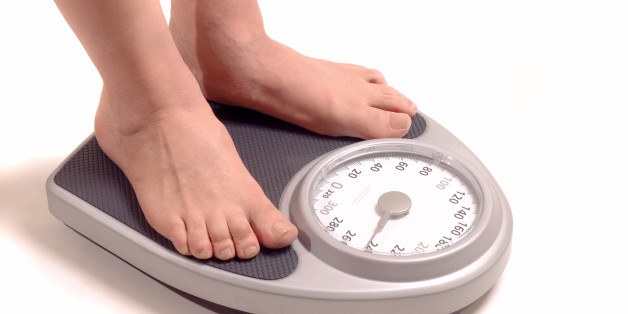Your body is constantly changing and often, it goes about its business unnoticed, transforming itself while you go about your daily life. While most bodily changes are for the good, there are some that come about for other reasons and could be a sign that something is wrong. Hormonal imbalances might not sound like big news but, leave them unchecked for too long, and they can pay serious consequences. Your hormones are responsible for practically every function in your body, and when their levels go askew, your natural bodily functions can change for the worse. Not sure if your hormones are in check? Let these symptoms show you the way.
- Constant Fatigue

Feeling tired from time to time is one thing but if you’re constantly struggling to get going, it could be a sign that there is something wrong. While there are a number of reasons for fatigue to be a major player, one of the most common is an imbalance in insulin levels. If your insulin levels remain constantly high, it could be a sign of insulin resistance, making you feel more tired and lethargic over a course of time. By making simple dietary changes, like reducing your sugar intake and exercising regularly, you can get your insulin levels back to normal and improve your feelings of wellbeing.
- Night Sweats

Unless you’re overheating, night sweats are usually a sign that there is something wrong in your body. If you’re approaching the age of menopause, hot flashes and night sweats could be a marker of changing estrogen levels, which begin to drop as women get older. If night sweats are interrupting your natural rest cycle, you can try approaching things like hormone replacement therapy or even looking to natural cures. By addressing the hormonal changes early on, you can affect how your body feels and get back on track.
- Poor Concentration

Focusing on a task for a long period of time can be tiring in any case but if you’re constantly struggling to get going, it can be a sign of a deeper lying issue. The ability to focus or remember important things on a regular basis can point to an imbalance in your levels of cortisol. If you’re dealing with higher amounts of stress than normal, your cortisol levels are likely to be lower than usual which in turn can affect cognitive functionings such as concentration and memory. If this is the case, try approaching relaxation therapies such as meditation or yoga. A little time out could be all that it takes to restore normality.
- Weight Gain

If you’re gaining weight and you don’t know why, it might be worth taking a closer look at your hormones. Although there could be a number of things to blame for this, sudden weight gain in the abdominal area is likely due to imbalances in insulin and cortisol. When both of these hormones become too prevalent in the body, they signal to the body to store glucose as fat, usually around the stomach area. Stress management is a great way around the issue, helping you to regain control of your body and feel calmer in the process, too.
- Emotional Imbalances

Finding it harder than usual to control your mood? It’s probably down to your hormones. Feelings of anxiety, depression and irritability are often a sign that something is not right on the chemical front in your body. If your levels of progesterone and estrogen become either too high or too low, you can suffer from emotional imbalances and it pays to adjust things before they get too difficult. Hormone replacement therapy can help to address consistent issues in this area, as too can taking natural supplements like black cohosh. You can get yourself back on your feet again.